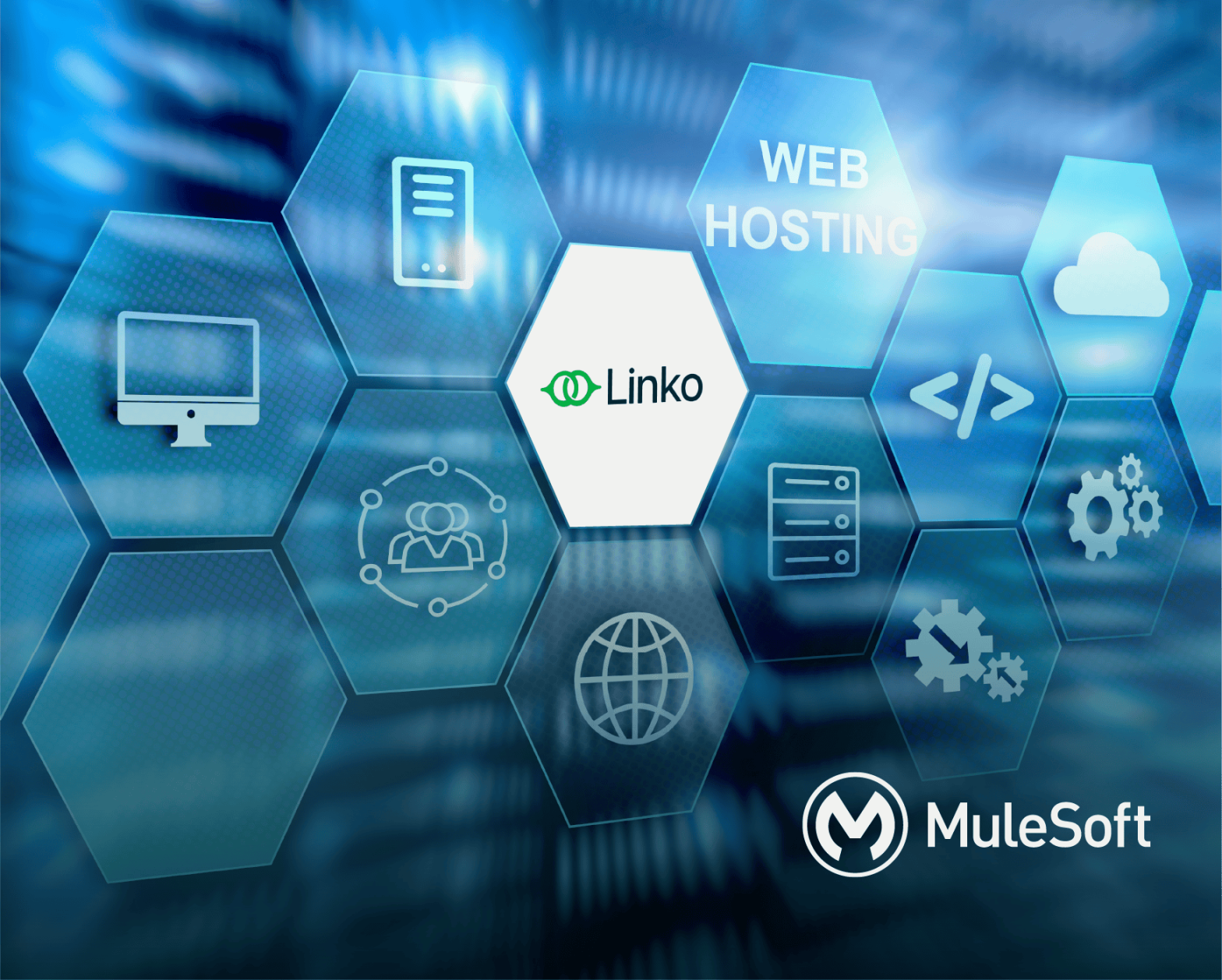In 2025, data has become the most valuable asset for organizations—but also one of the most difficult to control. Global data volume is expected to reach 180 zettabytes this year, while more than 80% of enterprise data is distributed across multiple clouds and hybrid environments, according to IDC projections. This massive distribution creates fragmentation, reduces visibility, and exposes companies to security and compliance risks.
It is no coincidence that over 65% of data leaders identified data governance as their number-one priority in 2024—surpassing even data quality initiatives (47%) and artificial intelligence (44%). The challenge is clear: without a robust data governance strategy, the explosion of distributed data can turn information into a liability rather than a strategic asset.
Why data governance is more critical than ever
The global data governance market reached USD 4.44 billion in 2024 and is projected to grow to more than USD 18 billion by 2032, with a CAGR of 18.9%. This growth reflects the urgency of establishing strong structures that enable organizations to manage trusted data in increasingly distributed environments.
In addition, regulatory pressure and rising cybersecurity threats force organizations to rethink governance not only as a control exercise but as an essential layer of business resilience. For financial institutions, retail companies, healthcare providers, or telecommunications firms, governance has now become a condition to sustain both trust and competitiveness.
Recommended strategies for governing data in distributed environments
1. Adopt modern architectures: Data Mesh and Data Fabric
Data Mesh, a concept popularized by ThoughtWorks, decentralizes data management at the domain team level, fostering scalability and shared responsibility.
Data Fabric provides an intelligent integration layer that connects distributed sources, automatically applying quality and security rules.
Both models address the same challenge: maintaining coherence and traceability across heterogeneous environments. For large organizations, a hybrid approach (mesh + fabric) is emerging as the most effective path.
2. Automated governance with Artificial Intelligence
Leading platforms are now AI-native. According to Forrester, the most advanced solutions in 2025 integrate automatic classification, anomaly detection, and real-time enforcement of security policies. This means governance shifts from being reactive to proactive and adaptive, mitigating risks before they escalate into critical incidents.
For example, AI can instantly detect a data flow that violates a privacy policy and stop it without manual intervention, reducing both costs and response time.
3. Clear processes, defined roles, and organizational culture
Governance is not just about technology—it requires well-structured processes and specific roles. Figures such as the data steward are becoming essential to guarantee quality, cataloging, and traceability. The OECD notes that without these roles, organizations fail to translate data potential into business value.
A common mistake is leaving governance solely in the hands of IT. For governance to work, it must permeate the entire organization—from corporate strategy to day-to-day operations.
4. Full visibility and data sovereignty
A recent ITPro study warns that the lack of visibility creates a “cascading effect” of risks: nearly half of companies without clear oversight of third parties also don’t know how many breaches they have suffered. Regaining visibility over data flows is therefore the first step in any governance strategy.
On top of this comes the growing importance of data sovereignty, driven by regulations and geopolitical tensions. According to TechRadar, ensuring that data complies with local laws and residency rules is not only a legal requirement but also a trust factor for customers and partners.
Conclusion
In a distributed environment, data governance is no longer a “nice to have”—it has become a condition for business survival. Organizations that adopt modern architectures, enable AI-driven governance, and consolidate clear processes will have the ability to turn complexity into a sustainable competitive advantage.
At Linko, we help companies maintain control of their data in distributed environments by integrating technology, processes, and expertise to ensure visibility, quality, and security of information.
Contact us! today and discover how to turn your data governance strategy into a true engine of value for your organization.








